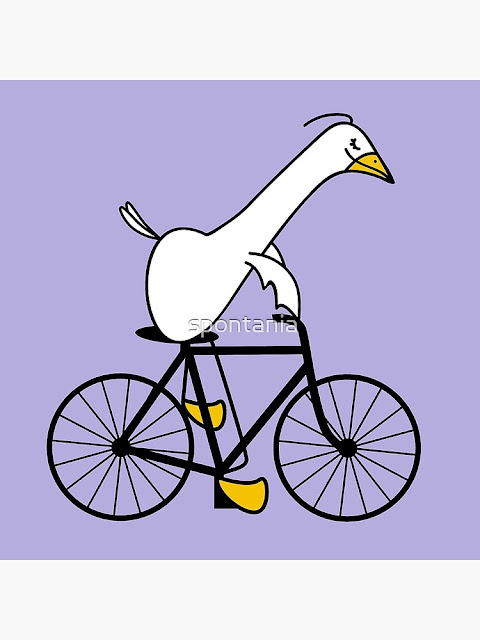A letter to the Baltimore Banner’s editor illustrated, for me, a problem in the planning and public perception of bicycle infrastructure.
I am not familiar with Baltimore. From reading Dr. Mark Braun’s letter, however, I get the impression that the city’s bike lanes are as sporadic and episodic as they are in other American locales.
Dr. Braun, who describes himself as a new resident and avid cyclist, says that he cannot understand why residents object to one proposed bike lane, but completely understands why they object to another.
| Photo by Daniel Zawodny |
About the latter, he says two roads that would connect parts of other bike trails are “overbuilt” and would be “incredibly unsafe for children or inexperienced riders. He says the former is a much better choice, as it is a four-lane road where traffic is light but fast, which encourages drivers to speed. A bike lane along that road, he argues, would result in “decreased vehicle speeds” and provide “direct access” to two parks.
In other words, he is saying that on the road where a proposed lane has raised objections he can’t understand, the lane would actually make the road safer for traffic as well as cyclists. And, he understands the objections to the other proposed route for essentially the same reason.
Such considerations never seem to factor into decisions about where and how to build bike lanes in American cities. That, I believe is one factor that causes planners to create bad bike lanes and for non-cyclists to object to good lanes for the wrong reasons.

